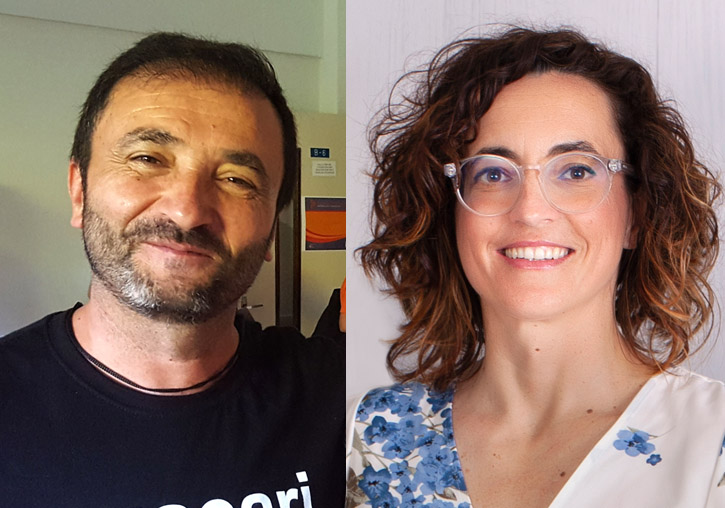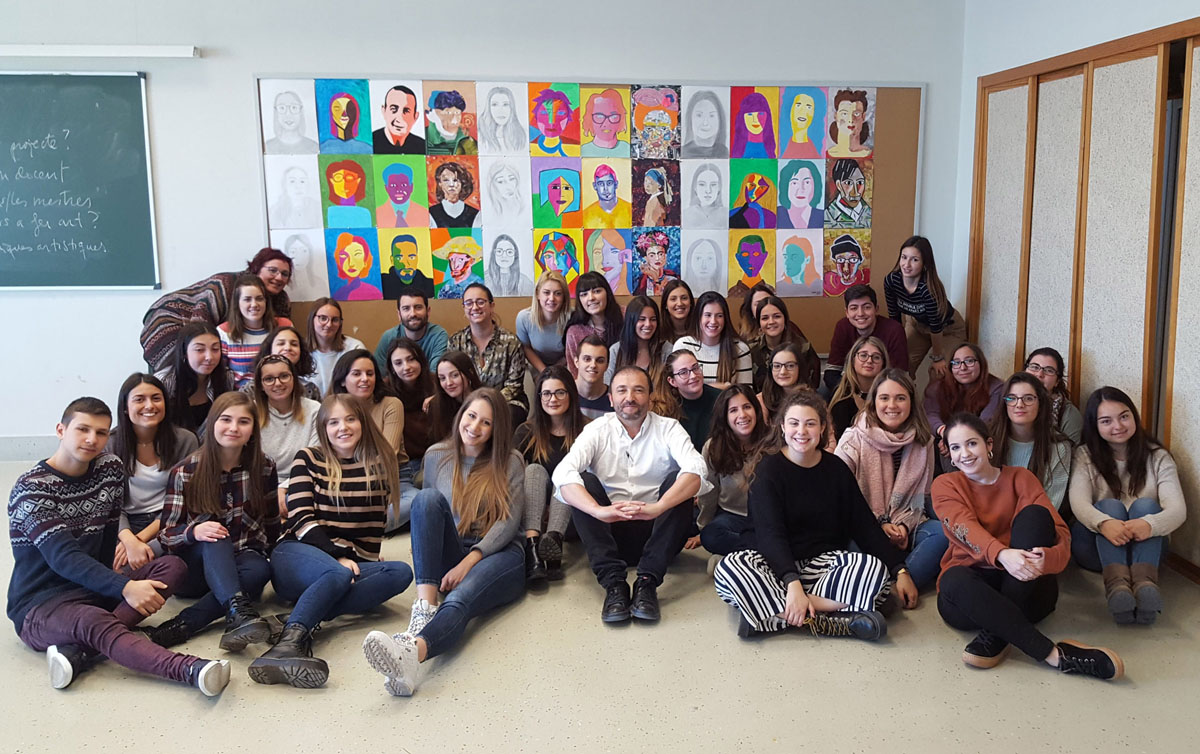Teaching students consider themselves feminists but have prejudices towards works of art based on the gender of the artist
- Scientific Culture and Innovation Unit
- December 29th, 2022

Preparing a story or illustrated album worked in groups for Early Childhood Education; and creating a collage from the self-portrait of an artist for Primary education. These are proposals by Ricard Huerta and Amparo Alonso, researchers at the University of Valencia, to overcome the “distrust” towards female art in Teaching students. In a research published in the journal Estudios Pedagógicos, they highlight that these prejudices are associated with training deficiencies in future teachers regarding female role models, despite the fact that students consider themselves to be mostly feminists.
“This highlights the importance of including gender in a transversal way in the initial training of teachers”, highlight Huerta and Alonso, from the Department of Didactics of Physical, Artistic and Musical Education of the Faculty of Teaching. Training deficiencies have been recognised towards the art made by women and a general distrust of their abilities to teach through these female references. In addition, “the students are practically unaware of the current reality of art made by women. Neither in his previous training has he received notions of women’s art throughout history, due to the little interest that heterodox academic studies have paid to this matter”, they highlight.
To overcome these limitations, it has been proposed to students to use the creation of illustrated albums inspired by feminist artists, as a strategy to introduce themes of gender, sex, sexuality, social injustices, women’s rights, transsexuality, etc., in children’s classrooms, through resources with which to deal with topics that they considered interesting but did not know how to deal with didactically.
In addition, it has been carried out with online instruments, such as the Museari virtual Museum, an institution whose objective is the promotion of artistic education and history as fundamental instruments for the defence of human rights, with a very special emphasis on respect for sexual diversity.
According to the surveys carried out, it is verified that the entire student body, regardless of their sex or sexual orientation, considers themselves feminist and believes that feminist pedagogies should be specific to any teacher, although to achieve this purpose it is detected that it is necessary to deepen more into the conceptual nuances.
Huerta and Alonso are members of the Creari Research Group on Cultural Pedagogies (GIUV2013-103), which is characterised by its lines of research on feminism and sexual diversity. They are developing projects where these issues acquire a relevant character, such as the national R&D project “DECHADOS. Creatividad inclusiva en secundaria mediante la relación entre centros educativos y museos”, the project “SECOND ROUND Arte y lucha en Secundaria”, or the European project “Womens Legacy KA2 Erasmus+”. They are also promoting the completion of bachelor’s, master’s and doctoral projects on these topics.
Article: Huerta, R. & Alonso Sanz, A. (2022). Mujeres artistas en la formación del profesorado. Un estudio interseccional en la Universitat de València. Estudios Pedagógicos, 48(1), 149–169. https://doi.org/10.4067/S0718-07052022000100149
Photo caption:
- Students group with wich Huerta and Alonso work on female artists pieces.
File in: Investigació a la UV , Facultat de Formació del Professorat , Cultura Científica , Grups de recerca , Difusió i comunicació científica , Internacionalització recerca , Producció científica , Recerca, innovació i transferència



















